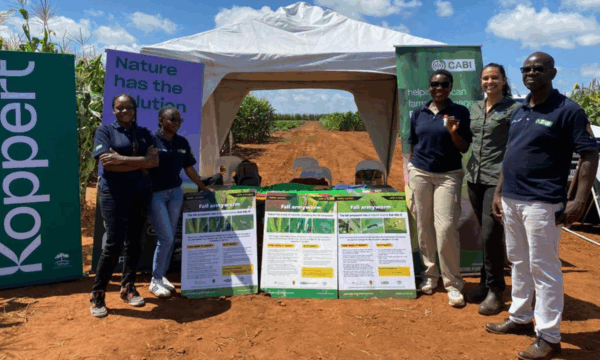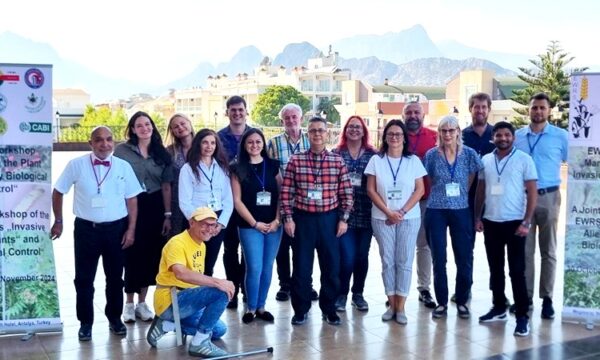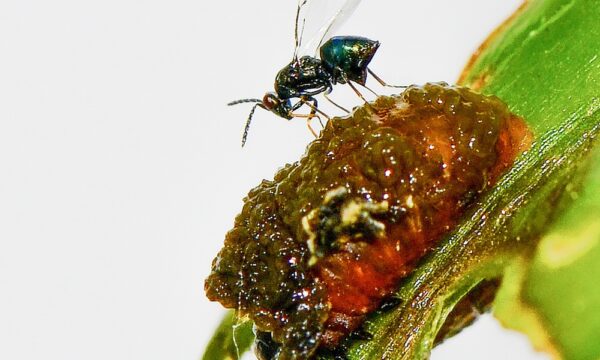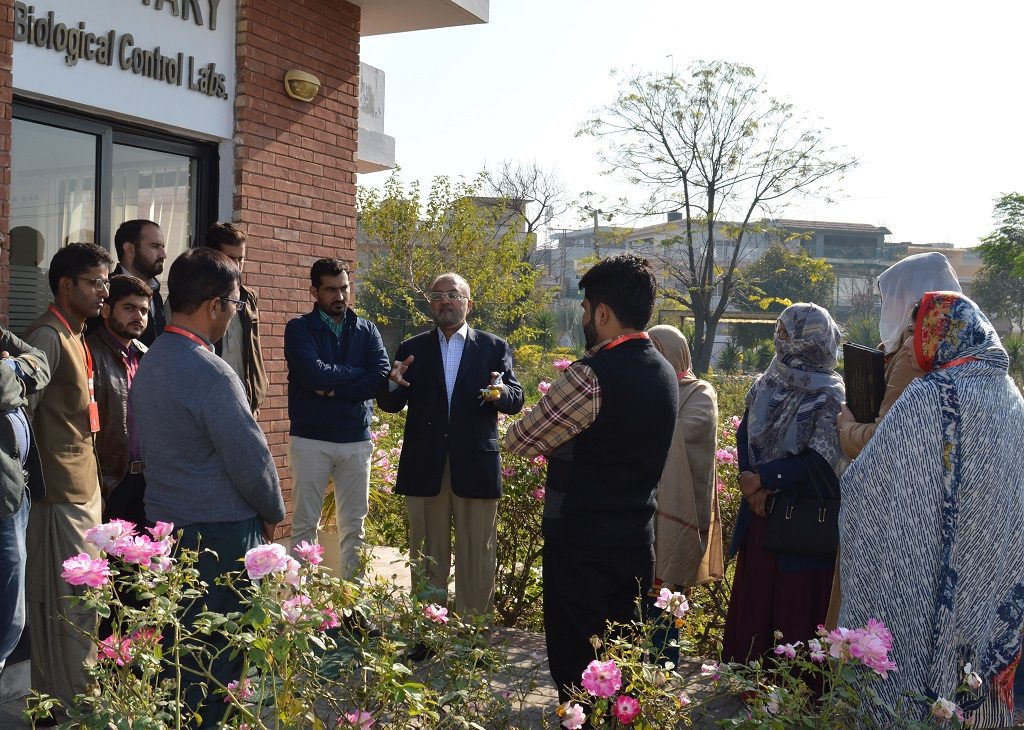
Biological control is a key element of an integrated pest management strategy. Not only is it environmentally safe but it is also important for sustainable crop production. Among various biocontrol methods, increasing the presence of natural enemies is an effective substitute when they are not sufficiently abundant or effective.
In Pakistan, biological control has received a fair amount of research attention and is playing a key role in controlling major insect pests, minimizing the use of pesticides, and conservation of the environment. With help from the government and other agriculture research and development organizations, farmers have learned to manage their pests with limited use of insecticides.
The Directorate of Agriculture Extension, Integrated Pest Management (IPM) in Punjab Province has established 11 Bio-Labs for culturing biocontrol agents for distribution to farmers to apply on their crops, vegetables and orchards.
At the request of Agriculture Extension Department, Punjab Province, a capacity building session for the agriculture staff at Bio-Labs on the commercial aspects of insect bio-control agents to manage the major pests and new invasive threats was organised by CABI Pakistan together with its partners: Pakistan Agricultural Research Council (PARC), National Agricultural Research Centre (NARC), Institute of Plant & Environmental Protection (IPEP-NARC), Agriculture Poly-technique Institute (API-NARC) and Directorate Agriculture Extension IPM. The training was designed to support agriculture staff of Punjab to improve their skills for culturing the natural enemies for weeds and insect pests of major crops including invasive pests and new threats.
The training course was run by Dr. Ehsan ul Haq (IPEP-NARC), Dr. Kazam Ali and Abdul Rehman (CABI) in four sessions. In total, 48 took part including 11 Agriculture Officers and 37 Laboratory Assistants.
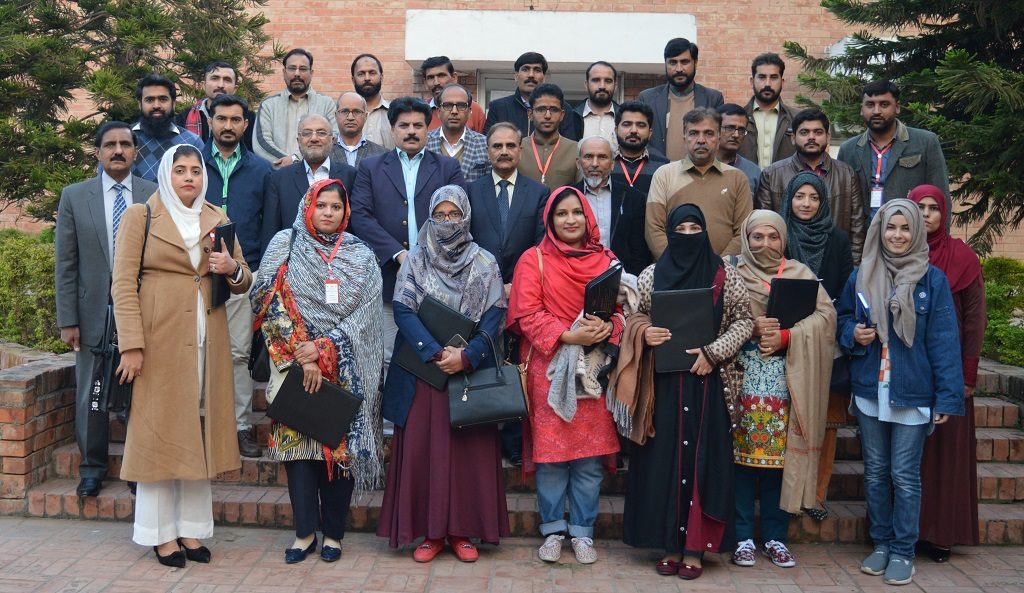
The participants were briefed on theoretical and practical knowledge about culturing of natural enemies, as well as the inherently safe, cost effective, target specific, environmentally-friendly success of biocontrol agents, and the ways to initiate a small biocontrol agent industry and its sustainability. Additionally the trainees were also familiarized with culturing of stem boring weevil, Listronotus setosipennis a bio-control option for Parthenium hysterophorus an invasive weed in Pakistan and other potential invasive threats.
In the closing ceremony training certificates were distributed to the course participants. During his closing remarks Dr. M. Ayub Khan, Member Plant Sciences (PARC) commented that “these kind of training courses are a great success to update the knowledge of agriculture staff on the recent advancements in biological control and I am truly happy that at the end of training course we are able to make trainees aware that biological control can be adopted as a commercial business even on a small scale”.
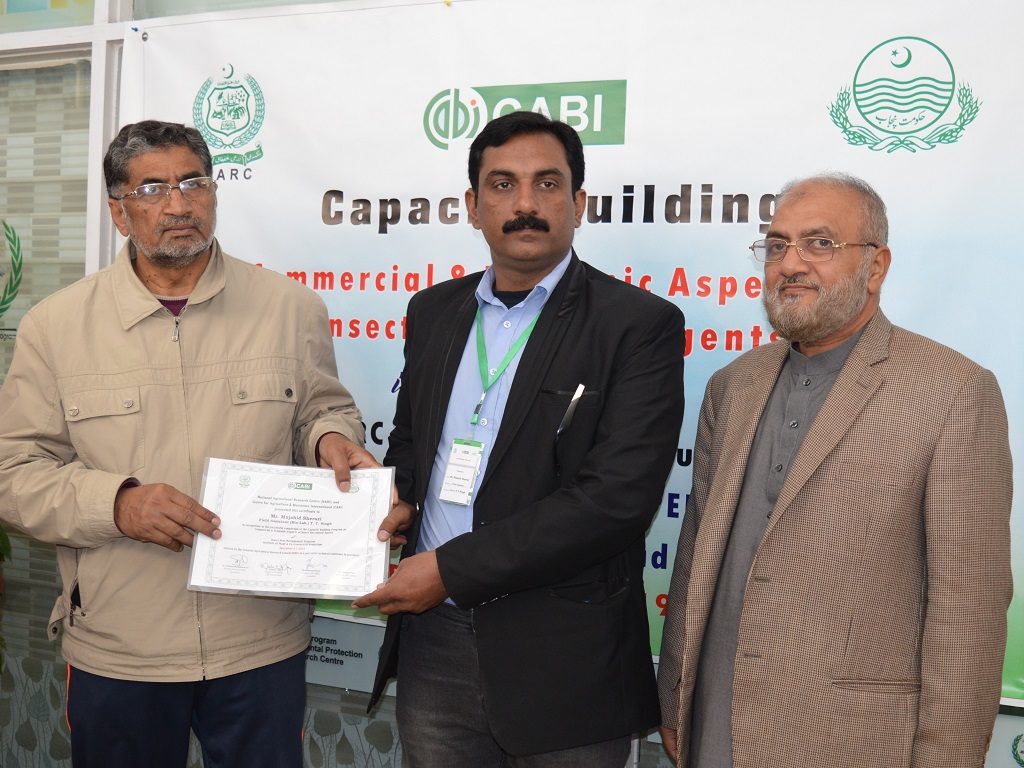
For more information, please contact:
Dr. Kazam Ali, CABI
+92 (0)51 8434979
k.ali@cabi.org
Dr. Ehsan ul Haq, IPEP-NARC
+92 (0)51 9255219
insectary@gmail.com
All photos provided by Kazam Ali
Related News & Blogs
CABI-led study suggests women in Pakistan need greater access to information on parthenium weed
A new CABI-led study investigated smallholder farmers’ knowledge, attitudes and practices towards parthenium and biological control in Pakistan. The study brings attention to important gendered aspects of parthenium impact. It also highlights smallhold…
27 June 2025

